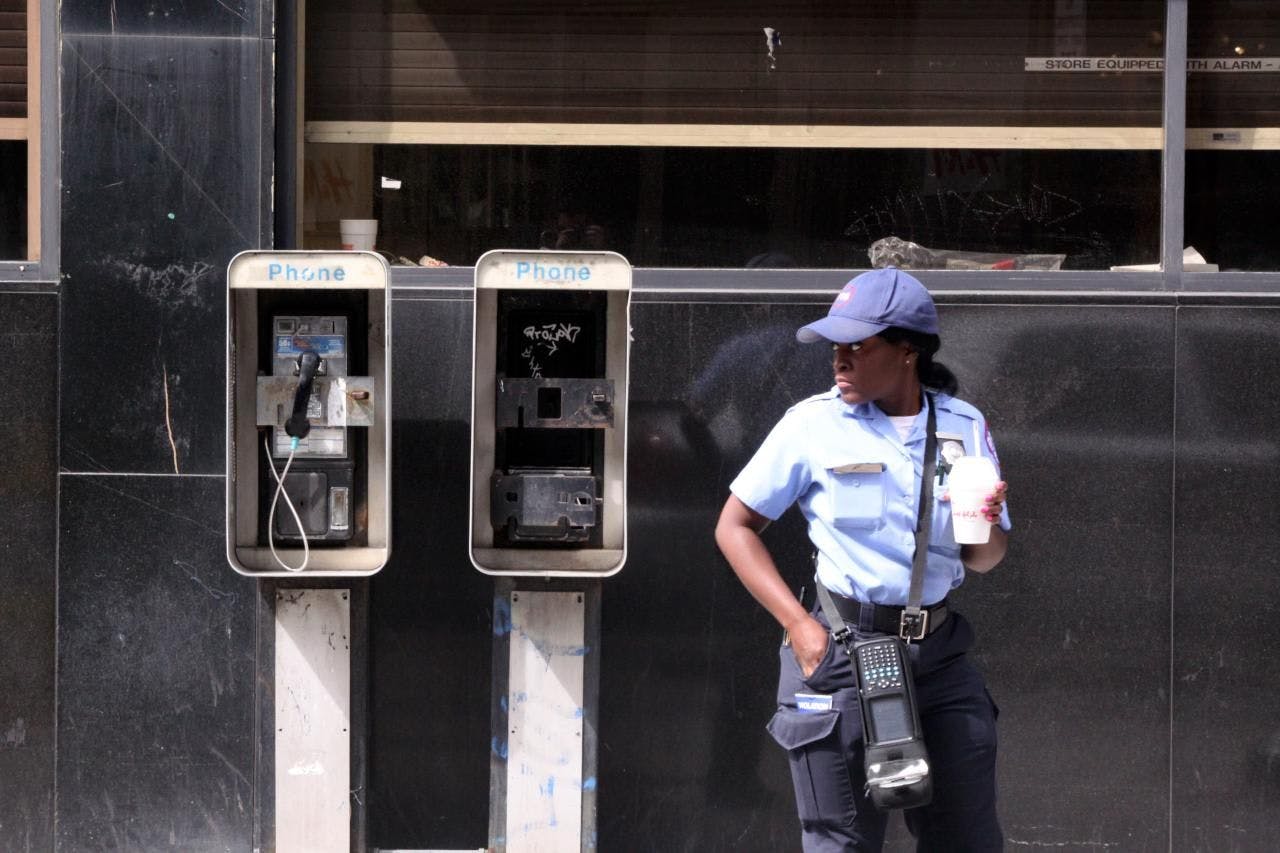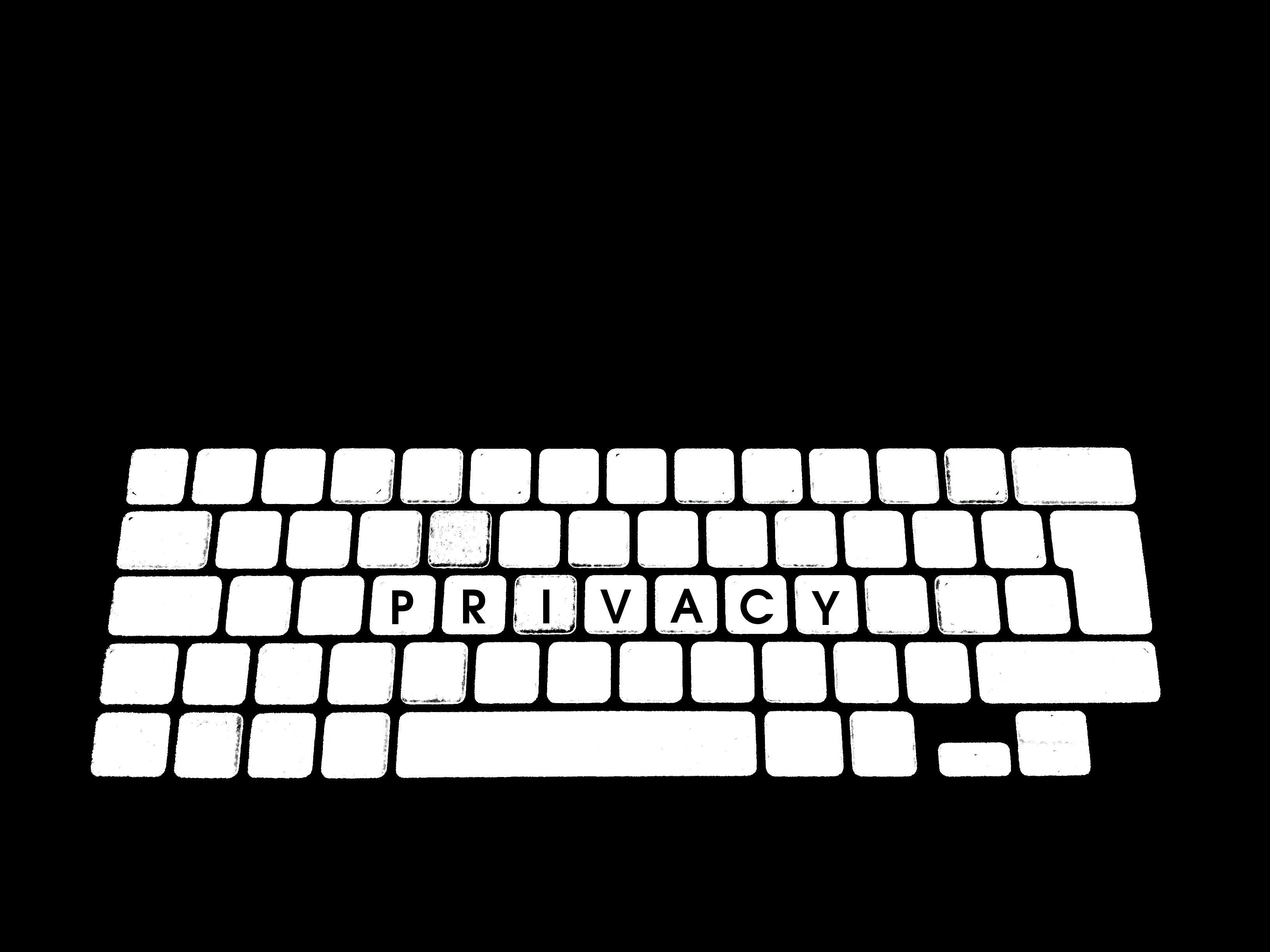Civil Society Groups Respond to Calls for Yet More Blanket Security Expansions
In the wake of the Paris attacks, there have been numerous calls by security agencies to once again expand the nature and scope of surveillance and other security framework under which they operate. Many of these calls were neatly summarized in an opinion piece in the Globe and Mail published November 25, 2015. A number of civil society organizations wrote in response today, refuting the one-sided expansion of state powers as an enduring solution to the world's security problems, the full response and list of signatories is replicated below. Also today, the International Civil Liberties Monitoring Group penned a well-argued response to attempts by RCMP Commissioner Bob Paulson, who has renewed calls for legislation granting police unsupervised and unrestrained access to online identifiers. The post recalls how Canadians have soundly rejected such calls in the past when it was presented as a solution to, in succession: cybercrime, child pornography and cyber-bullying. This latest iteration is equally as invasive and equally as unnecessary as its predecessors. Online identifiers are the essence to digital privacy and anonymity. Granting wholesale access to them is neither necessary to effective law enforcement or counter-terrorism, nor is it a proportional incursion on our digital privacy. If police need specific access to identifying information, it should only be obtained through the use of a dedicated production order similar to those already in the Criminal Code for other forms of metadata such as transmission and tracking information.
Overall, as both civil society initiatives note, we are seeing a familiar list of demands for new powers from law enforcement following the Paris attacks. However, it is notable that none of these are responses to whatever shortcomings (if any) in surveillance powers may have contributed to the Paris attacks. The Globe and Mail letter is reproduced below and can also be read here:
**More Surveillance Powers Won’t Prevent Intelligence Failures
Re: “Pointing Fingers Won’t Prevent Intelligence Failures” (Nov 25):**
The horrific attacks in Paris have led to a wave of finger-pointing – often powerfully disassociated from the realities of the failures (Pointing Fingers Won’t Prevent Intelligence Failures – Nov 25). The answer from security agencies is inevitably to request more surveillance and more capacity to intrude into citizens’ lives.
These requests are made despite the historically unprecedented access to digital information that security agencies already enjoy and repeated expansions of security powers. Clearly “more security” is not the answer to preventing all future attacks.
The intelligence failure in Paris painted a familiar picture. Many of the attackers were known to French officials, and Turkish intelligence agencies sent repeated warnings of another. Yet in their rush to blame communications technologies such as iPhone encryption and the PlayStation (claims since discredited), security agencies neglect the lack of adequate human intelligence resources and capacities needed to translate this digital knowledge into threat prevention. Also absent is attention to agency accountability – the unaddressed information-sharing problems that caused the mistaken targeting and torture of Maher Arar.
The targets of terror are not only physical, but also ideological. Introducing a laundry list of new powers in response to every incident without regard to the underlying causes will not prevent all attacks, but will leave our democracy in tatters.
Vincent Gogolek, Executive Director, BC Freedom of Information and Privacy Association (BCFIPA)
Tamir Israel, Staff Lawyer, Canadian Internet Policy & Public Interest Clinic (CIPPIC), University of Ottawa
Monia Mazigh, National Coordinator, International Civil Liberties Monitoring Group (ICLMG)
Christopher Parsons, Postdoctoral Fellow, Citizen Lab at Munk School of Global Affairs, University of Toronto
Sukanya Pillay, Executive Director & General Counsel, Canadian Civil Liberties Association (CCLA)
Laura Tribe, Digital Rights Specialist, OpenMedia
Micheal Vonn, Policy Director, British Columbia Civil Liberties Association (BCCLA)



